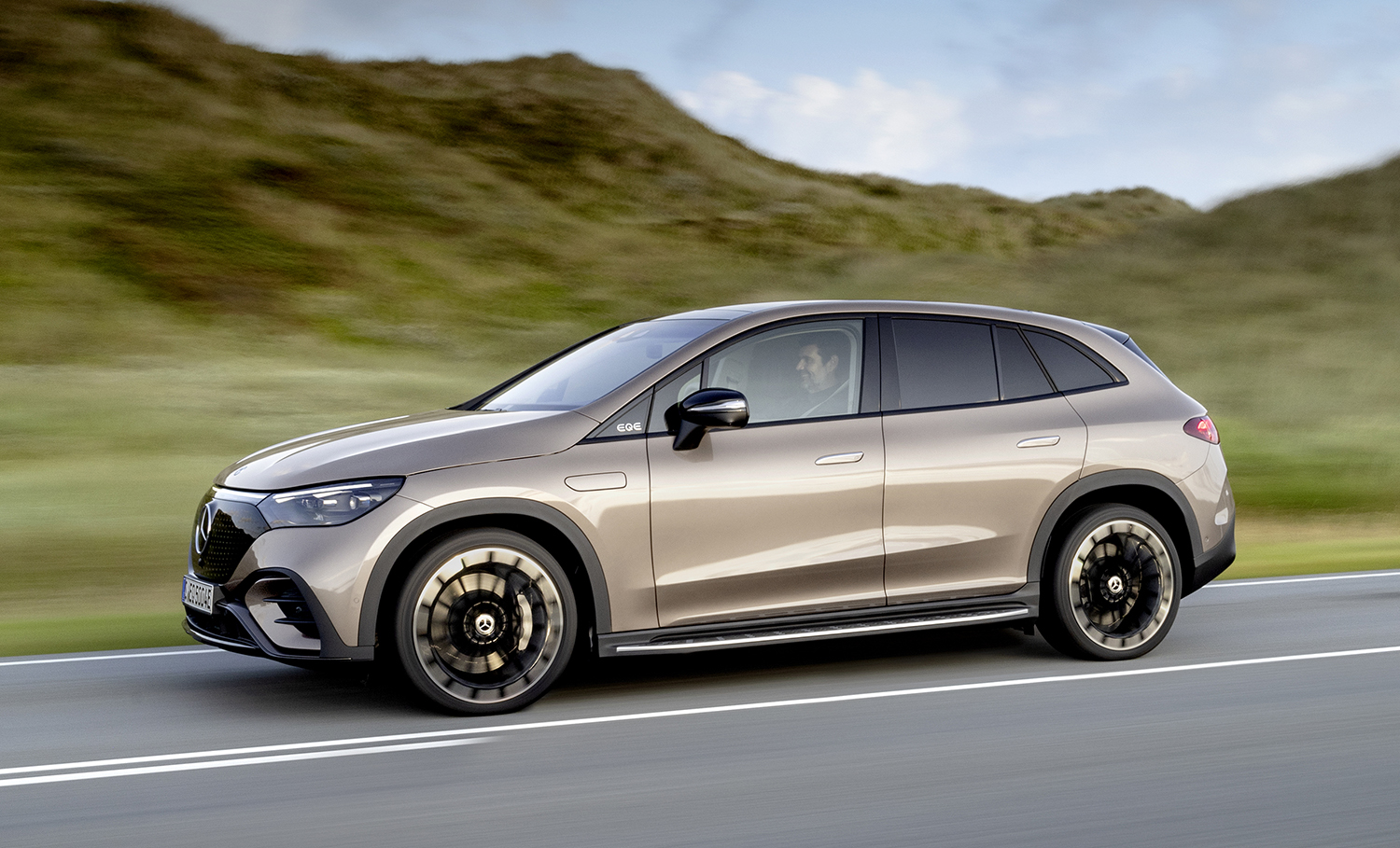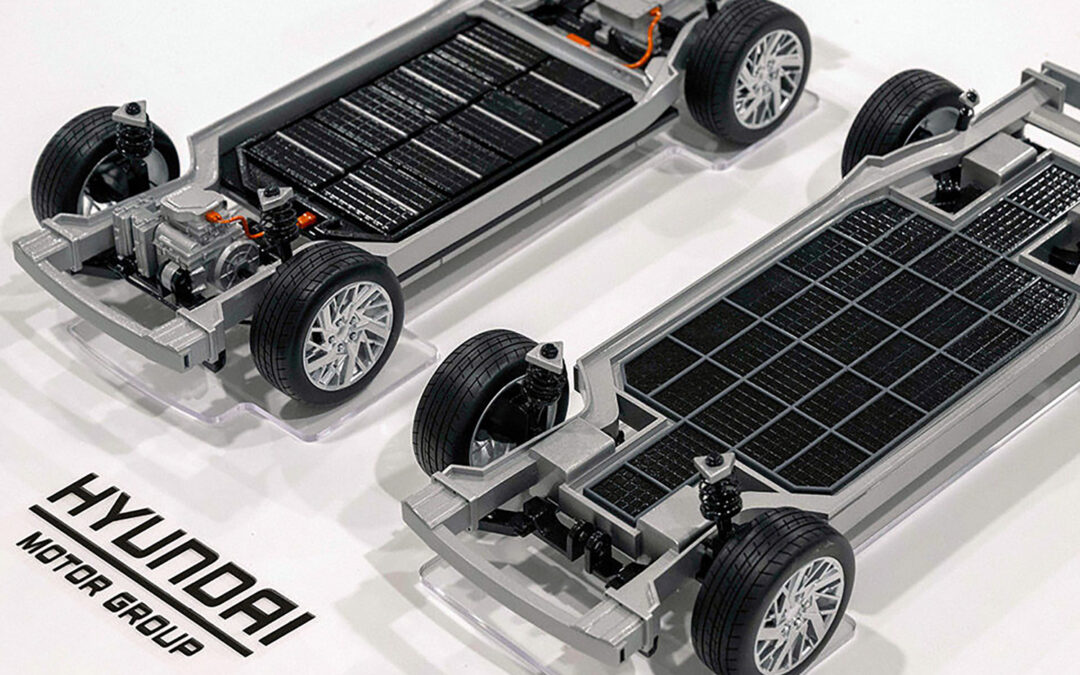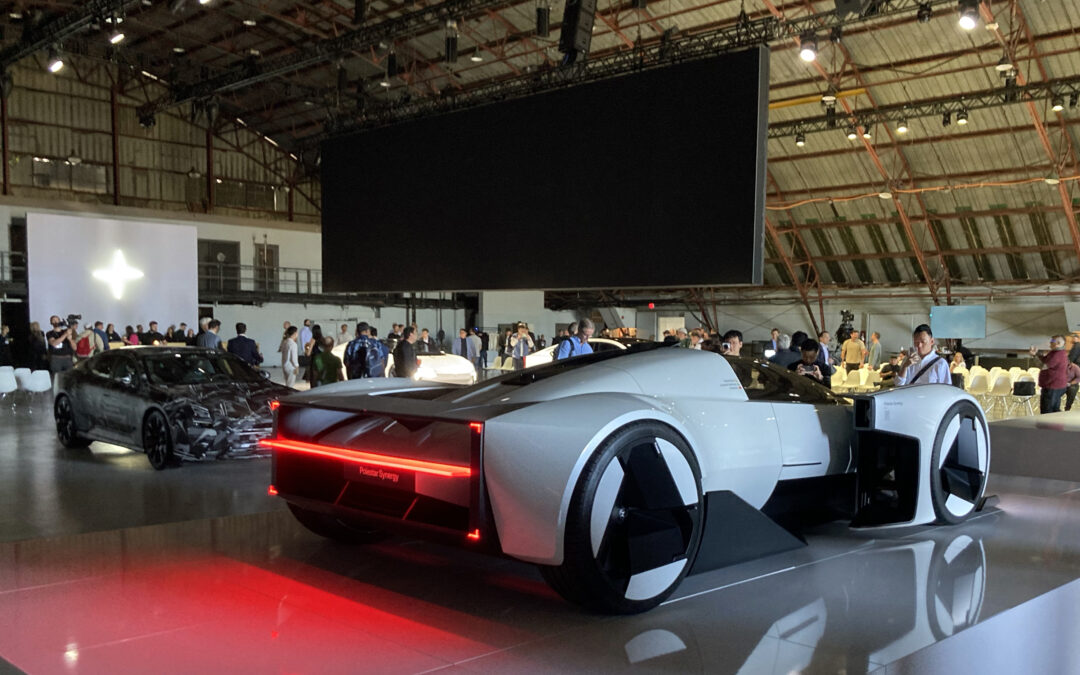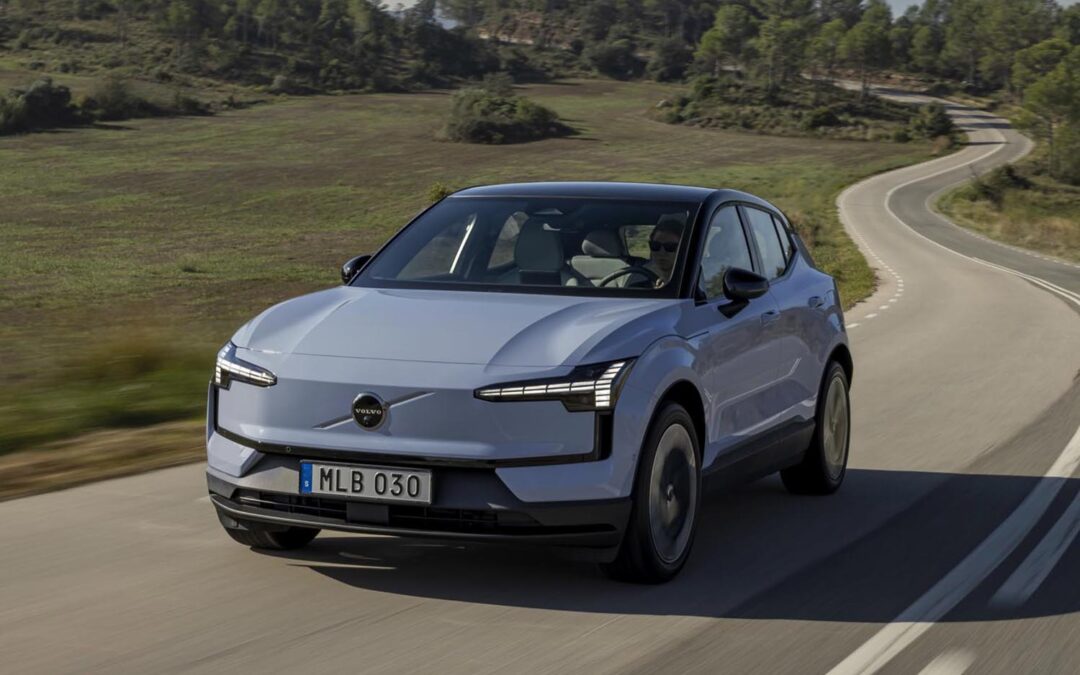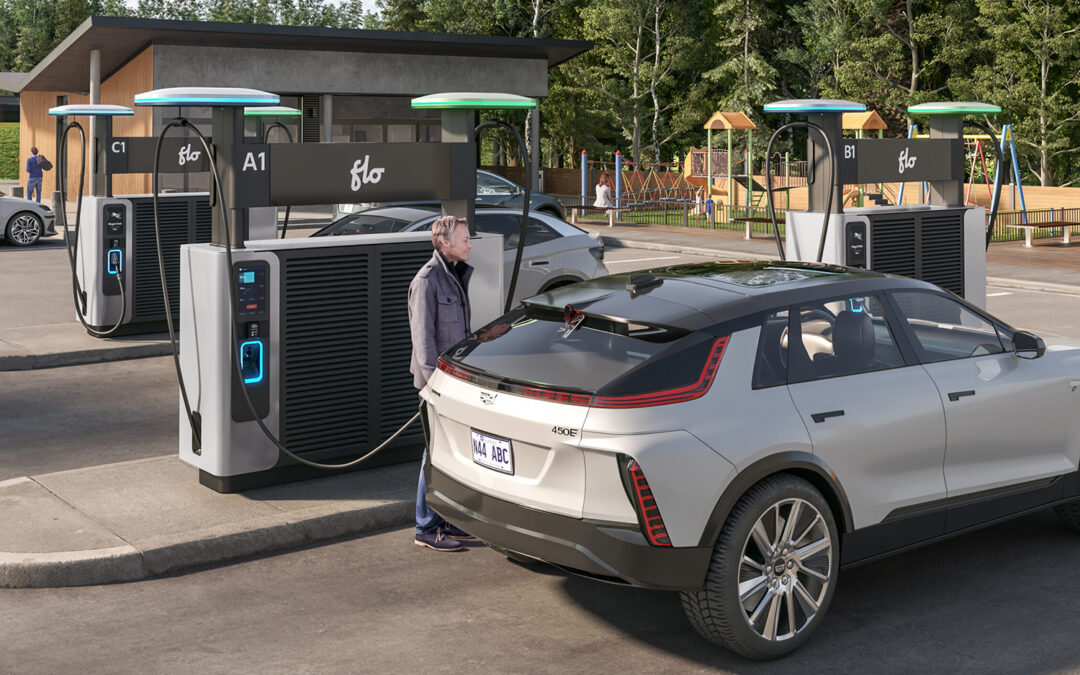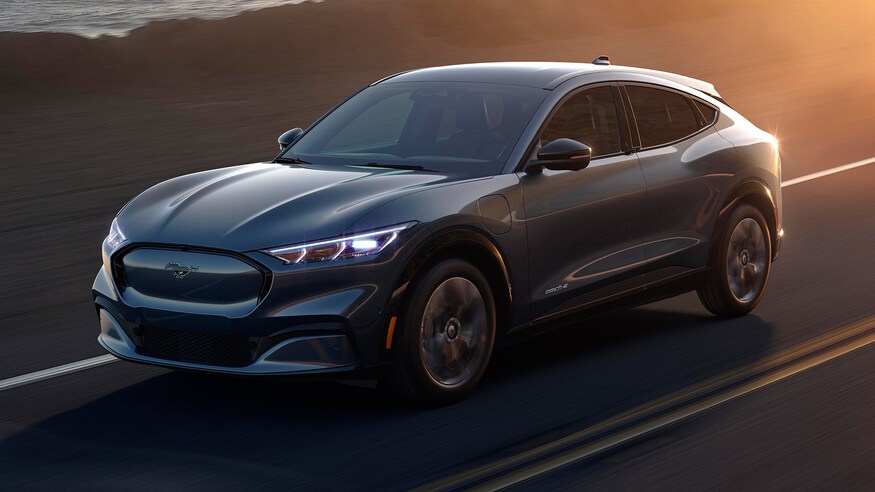Battery-electric vehicle sales at Mercedes almost doubled globally between Q1 in 2022 and the same time this year, according to the German brand’s Q1 financial report.
Worldwide car sales at Mercedes-Benz in Q1 2023 amounted to 503,500 units, of which 51,600 – or just over 10 per cent – were battery-electric vehicles. That in itself is up from the 6 per cent that BEVs contributed to the brand’s global sales in Q1 last year, with Mercedes itself earmarking its battery-electric lineup as a “driving force behind [its] sales result in the first quarter.”
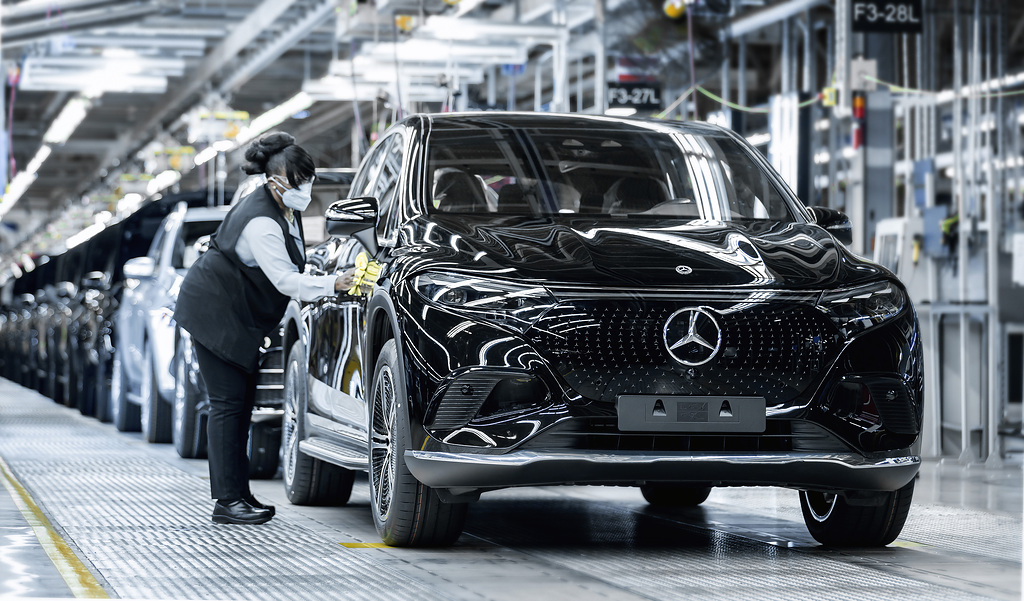
Start of Production for the new Mercedes-Benz EQS SUV in Tuscaloosa, Alabama
While Mercedes-Benz passenger cars’ global total is up three per cent compared with Q1 2022 – 487,000 units – BEV sales are an impressive 89 per cent, almost double, of the 27,400 units sold during the same time period last year.
It should be noted that this 51,600 figure also includes BEV sales at Smart, which was revived in a joint-venture between Mercedes and Geely in 2019. Though Mercedes does not specify BEV sales for its passenger car division without Smart, these are also said to have increased by an enormous 119 per cent during the same timeframe.
Similarly, specifics with regards to total model sales have also not been disclosed, though Mercedes does state that its entry-level BEVs – the EQB SUV and the EQA crossover – are the most-sought after by customers, with sales for the former up by 189 per cent and sales for the latter up by 64 per cent. Unsurprisingly, interest in the new EQS SUV is also on the rise, and while a definitive percentage is not provided, 5,500 examples of the new electric seven-seater have already been sold.
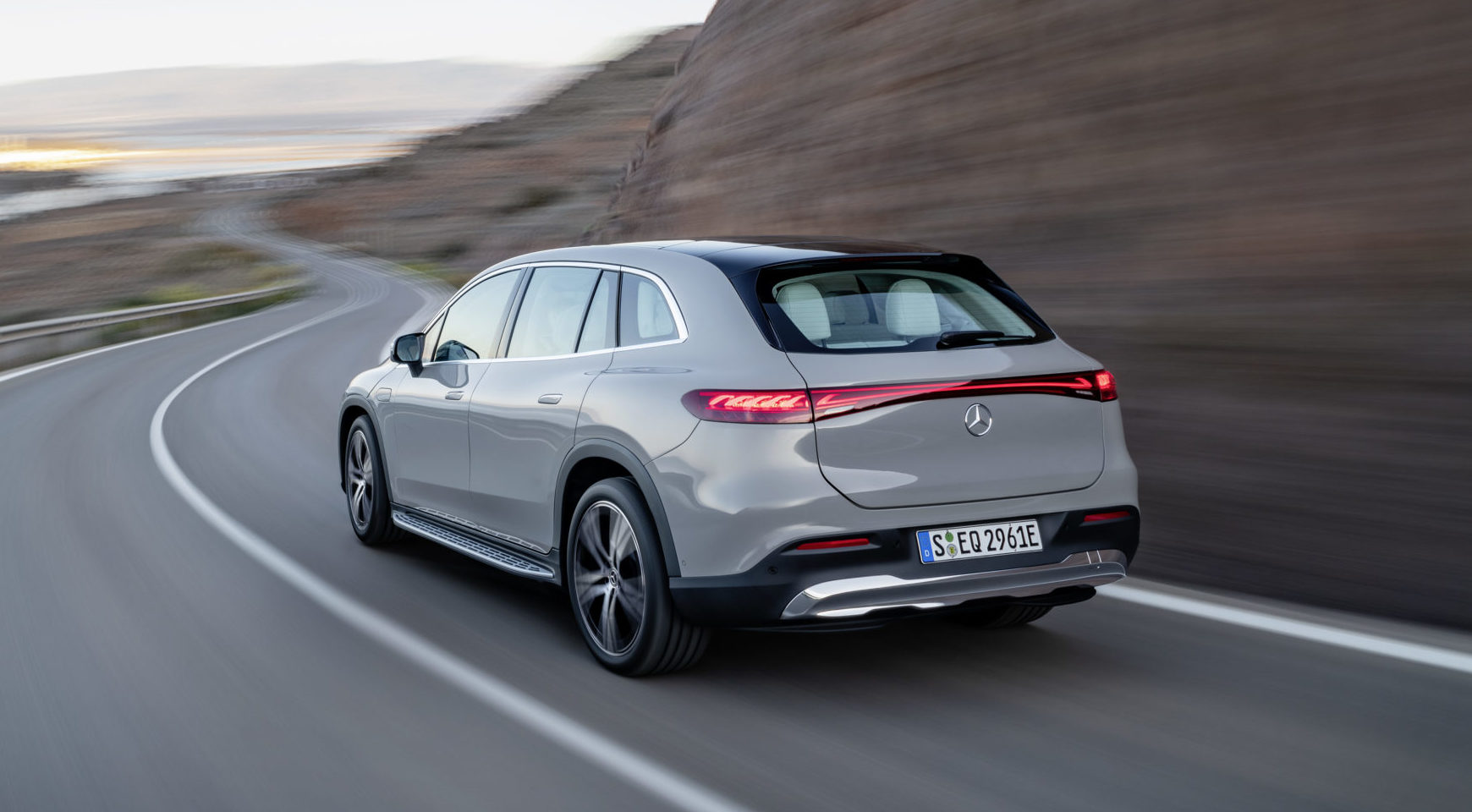
Mercedes-Benz EQS SUV
Per region, interest in Mercedes’ electric cars have climbed dramatically in the United States by 327 per cent – aided perhaps by the recent launch of the mid-sized EQE SUV – and by 41 per cent in Europe. This means, in the first three months of 2023, battery-electric vehicles accounted for 14 per cent of Mercedes-Benz passenger car sales in the US, and for 17 per cent across Europe.
Read more: Mercedes EQE 500 delivers the perfect pep and posh
It should be pointed out though that, of those 503,500 global sales of Mercedes passenger cars, 163,900 (151,300 in Q1 2022) were purchased in Europe while North America contributed 75,100 (74,200, Q1 2022) of which 64,500 came solely from the US. A drop of 200, interestingly, compared with Q1 2022.
These results will prove of particular interest to long-time rival BMW, which released its Q1 report for both the BMW and MINI brands earlier this week. Across the first three months of 2023, 64,647 BEVs were sold, an 83 per cent growth over the same period last year (this goes up a further 23 per cent when hybrid BMWs and MINIs are included). With 588,138 BMWs, Minis and Rolls-Royce being sold globally in Q1, 11 per cent of this is attributed to electric vehicles. While this is lower than the 15 per cent target the BMW Group set itself earlier this year for Q1, 110,486 global sales of EVs and hybrids does raise that to 19 per cent.
